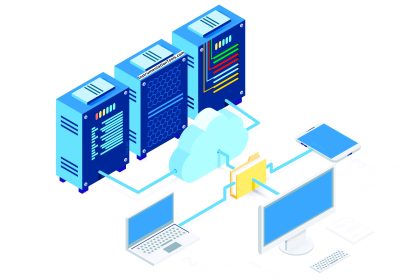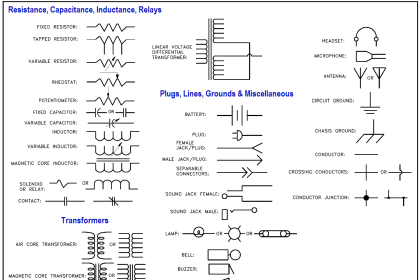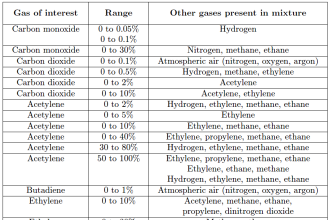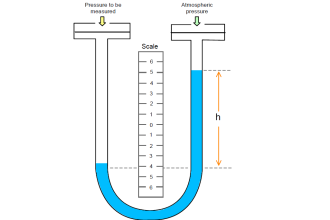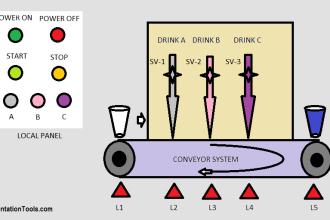The C programming language has become a must since the 1970s. Why? Because the C language is the basis of modern operating systems and is, therefore, an integral part of developers’ daily lives.
C Programming Language
It is no surprise that C is used today in many application areas and has become one of the most widely used programming languages. Since its development, the imperative programming language has won over developers of various applications because of its exceptional speed. It is also a language of choice for anyone who wants to learn to program.
Programming in C may seem daunting, especially if you are taking your first steps in programming: the strict proximity of the language to the hardware means that a simple error in the program can quickly disrupt the contents of memory. Moreover, learning C takes more time than other languages because it is not object-oriented.
But even one of these three excellent points can raise your chances of success to the best level possible:
- First – if you know a less complicated language (Java, for example), it won’t be tough for you to learn C;
- Second – you don’t have to deal with your assignments alone all the time, but instead, receive programming homework help from a true professional;
- Third – everything is possible with a strong desire.
The fact that the first areas of application of the C language were in systems programming is significant too. The C programming language is very close to machine language: C is as exact an abstraction of assembly language as possible. The portability of the C computer language, coupled with the fact that it addresses the hardware directly, makes it an excellent choice, especially for programming drivers and even entire operating systems.
Compilers, software libraries for other languages, and some leading full-featured programming languages are also based on C and take advantage of its speed and small file size.

C language – Advantages and Disadvantages
The C programming language is famous for a reason: it has several positive points. For example, the speed of execution of programs compiled in C is a critical factor that justifies the use of the language. The high portability of C code, i.e., the fact that it can be executed under different operating systems, is also a strong argument in its favor.
Finally, the C computer language is a so-called “high-level” language that includes the core constructs that are also found in other programming languages. If you master C, it is relatively easy to learn other languages later.
Syntax
The syntax of a programming language is the set of rules to follow when writing executable source code. Like any programming language, the C language has some syntactic particularities to master to write lines of code without errors.
Semi-colon
Every statement in C ends with a semi-colon. It doesn’t matter if it is a function call or a variable declaration.
Braces
In C, instruction blocks are identified by an opening and a closing brace. Although indentation is not necessary for C, unlike in other programming languages, it is recommended because it significantly improves the readability of the code.
Integration of libraries
The integration of libraries to use pre-implemented functions is done at the very beginning of the C code with the included instruction.
Main function
The program’s beginning and end are called the main function. Every C program must contain a main function.
Comments
Comments of one line are introduced in C by a double slash ” //. ” For comments on several lines, the notation ” /* Comment content */ ” is used.
What are other programming languages based on C?
The C language is the basis for a whole series of other programming languages, which are mainly used for system and software development. C++ and C# are based directly on C.
In contrast to the imperative programming language C, these two languages are object-oriented and offer different functions. The object-oriented programming language Java is also based on C with a similar syntax.
In web development, there are also programming languages based on C. A well-known example is the PHP scripting language, which forms the basis of many Internet applications such as WordPress. The JavaScript language, essential for interactive websites, is also based on C.
Differences between C, C#, and C++
The names of the programming languages C, C++, and C#, sometimes also called C++++, can be confusing because of their similarity. However, the differences between these languages are noticeable because C++, C#, and C follow different programming paradigms: while C is an imperative programming language, C#, and C++ are object-oriented programming languages.
But what is the difference between C# and C++? This is where things get more complicated. The C language is a subset of C++, meaning all C programs can also be written in C++. C++ contains some extensions, such as object orientation, that C did not yet have.
Although C# is also object-oriented, it is considered more accessible than C++. This is because memory management is more straightforward in C#. Moreover, C# was initially designed for Windows and not for Linux and is based on the .NET Framework, which requires its users to have installed .NET Runtime. If the C# language is suitable for all types of programs, it is mainly used for game development, less for programming that touches the hardware.
Learning C – First Steps
Have you decided to learn C? Then you will need a compiler to convert the code you have written into executable programs. While Linux already includes a compiler by default, there are also compilers for Windows that you can work with. MinGW is a popular solution for Windows and allows you to use the GCC Linux C compiler on Windows.
It is also worth downloading an integrated development environment (IDE) for C programming, especially if you want to write more complex and extended programs. Such a tool is optional, but it helps you realize more complex projects thanks to syntax highlighting and an integrated debugger. The choice of IDE is purely a matter of taste.
CLion works on all operating systems and offers many valuable features. Visual Studio for Windows and Xcode for MacOS also support C programming.
Summary
C is a powerful programming language, and it is an excellent advantage for a programmer to be able to code in C. We hope you liked our description of C, the general overview, and the fascinating facts about this language. You can also read other articles about programming languages on our blog, compare and decide what programming language is destined for you.

